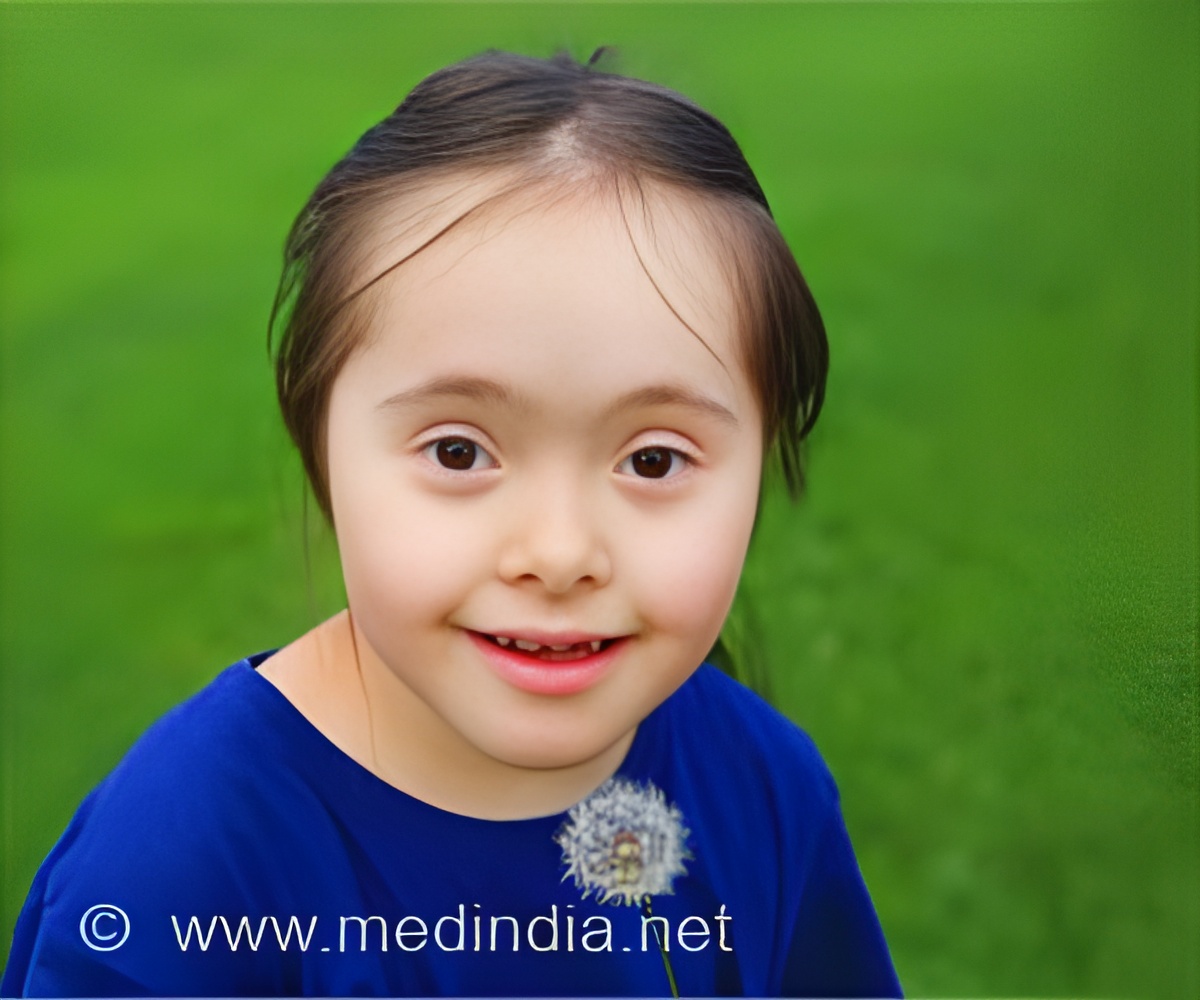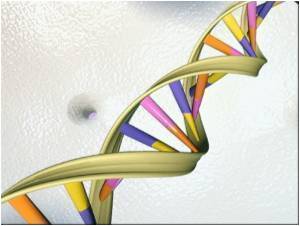
Down syndrome occurs due to an extra (third) copy of chromosome 21, resulting in overexpression of the genes in this region, leading to several physical and intellectual disabilities.
The gene DYRK1A is responsible for the alterations in brain and bone development in people with Down syndrome. The EGCG (epigallocatechin-3-gallate), a compound in green tea, inhibits DYRK1A activity.
Prior studies have shown that EGCG could also improve cognition in young adults with Down syndrome.
For the study, the research team examined green tea supplements' effect on facial development in Down syndrome. The first part of the study involved EGCG supplements being tested in mice at different dosages. The second part was an observational study on children with and without Down syndrome.
The mice study treatment started before birth (while the pups were still developing in the womb) with either a low or a high dose of green tea extracts being added to their drinking water.
Advertisement
The observational study involved 287 children (0-18 years) from Spain and North America. Among children with Down syndrome, 13 received EGCG supplementation, and 63 did not. Participants from the treated group were all self-medicated and didn't follow a prescribed protocol.
Advertisement
Findings showed that 57% of the linear distances were substantially different when the faces of children with Down syndrome who never received the treatment were compared to those of children without Down syndrome in children aged 0-3 years. However, those who did receive EGCG treatment had a much smaller difference of only 25%. No difference was found in the adolescent group.
In conclusion, after green tea supplementation, the facial dysmorphology decreases, and the children with or without Down syndrome look more alike.
However, the supplements only affect facial development when administered in the early stages of life when the face and skull are rapidly growing.
The authors caution that the findings are only preliminary and based on an observational study. Future research is necessary to evaluate the effects, appropriate dose, and therapeutic potential of these supplements. The possible effects of these supplements on other organs and systems also need to be studied.
Source-Medindia















